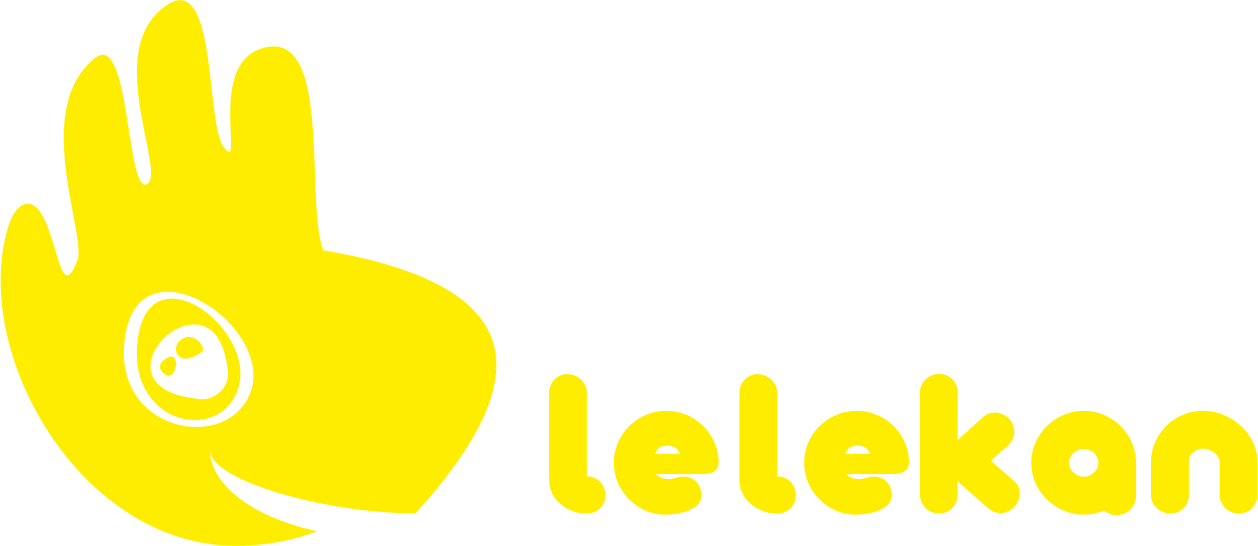Wonder Book Game Review
Related Products

Note : This review contains no plot spoilers. The review mentions the plot, but without specific details.

I will start, of course, with the appearance and components. The "Book of Miracles" can be called amazing without exaggeration. 3D elements are beautiful, strong and functional (more on that below). In addition to colorfully painted cardboard, there are also good miniatures and cubes. So at first glance, the game is very attractive, and it helps to immerse yourself in the story that is being told.

As for the basic mechanics, you can get used to it in a few moves. Heroes have essentially four options for action: move, interact with certain locations, fight enemies or use special abilities. Everything is very simple, moves do not take much time. However, the heroes need to act together and coordinate. Where to go, which enemy to attack, when to use a special ability are all important decisions; especially the use of sparks, which occur quite rarely. Moreover, the gameplay is not reduced to "go and kill enemies", and this is good considering that "The Book of Wonders" is intended to be played with children. Enemies often distract you from a truly important task, and you will not only have to deal with them, but also complete the task.

And they are very diverse. During the course of the campaign, you will encounter various tasks: from find-and-bring to sieges and battles with bosses. Each section feels unique, as it has its own special rules that, while not turning the gameplay upside down, add something fresh that keeps players interested. And three-dimensional elements are used very creatively; For example, the game has a challenge of dexterity, which delivers a lot of fan.

In total, the six-chapter campaign takes a moderate amount of time, so the interest in the game will most likely not die out in your game cell. There is leveling in the campaign, so you will have several options to improve your character, which are very cliche by the way (tank, berserker, marksman and healer). This helps to adjust them to your preferred play style.
All of the mechanics listed above are easy to master, so the result is a simple and fan-friendly game for casuals and families.

However, there are, unfortunately, disadvantages that spoil the positive aspects described above. How critical they are to you is up to you.
To begin with, a small nitpick: there are unclear points in the rules. What does "hero phase ends" mean? Can every character that hasn't descended yet be descended, or does the current round end immediately? "You need a spark to interact with this card" - do you need to spend it or just have it? We interpreted the rules in our own way, but an official explanation would not hurt. It is also worth noting that the parts (with the exception of the introductory section) took us 1.5-2 hours, which I feel is a bit excessive. Not sure if there are so many parents sitting around playing with small children. They may have to split their heads in two.

Another gripe is the unequal distribution of important skills between the four characters in the party. Personally, we thought that Ken and Sid were much stronger than Lara and Tina. Killing enemies, generating sparks, and supporting other characters are very valuable abilities, unlike Lara's and Tina's abilities, which feel very situational. More often than not, they couldn't do anything useful with the remaining actions, because either the other characters had already cleared all the enemies, or the interesting locations were too far away.

But there are also more serious disadvantages. First, the development of the plot.

The second serious drawback is the large amount of randomness. Battles are fought on dice, each dice has a 50% chance of success. You can roll one die per turn, two successes are required to defeat an average enemy. Only enemies do not roll dice, but deal damage automatically. This speeds up the gameplay a bit, but since the behavior of the enemies is dictated by the randomly drawn cards, situations often arise when the heroes lose consciousness without having time to do anything. And the special actions available at the expense of items and special rights are often extremely situational and sometimes completely useless. Often, a series of bad throws and bad cards radically changed the situation on the field and even led to defeat. If it happens once or twice, it can only be annoying, but when it happens regularly—your fate is decided by bad luck, not tactics—it's frustrating. Moreover, in each section there is at least one mechanic, clearly designed to help unlucky heroes; apparently, the authors noticed the problem, but did not do anything about it.

All in all, I'm not entirely sure what The Book of Wonders is trying to be: an interactive story with gameplay elements bolted on, or a dungeon crawler for kids with story elements? For the first one, the plot is weak, and replaying the campaign is unlikely to be interesting - it's all the same. For the second, there is obvious overproduction, and individual chapters are too long for young children to have the patience to sit through to the end.
USEFUL LINKS
Wonder Book on the BGG portal
https://boardgamegeek.com/boardgame/340237/wonder-book
VIDEO REVIEWS




